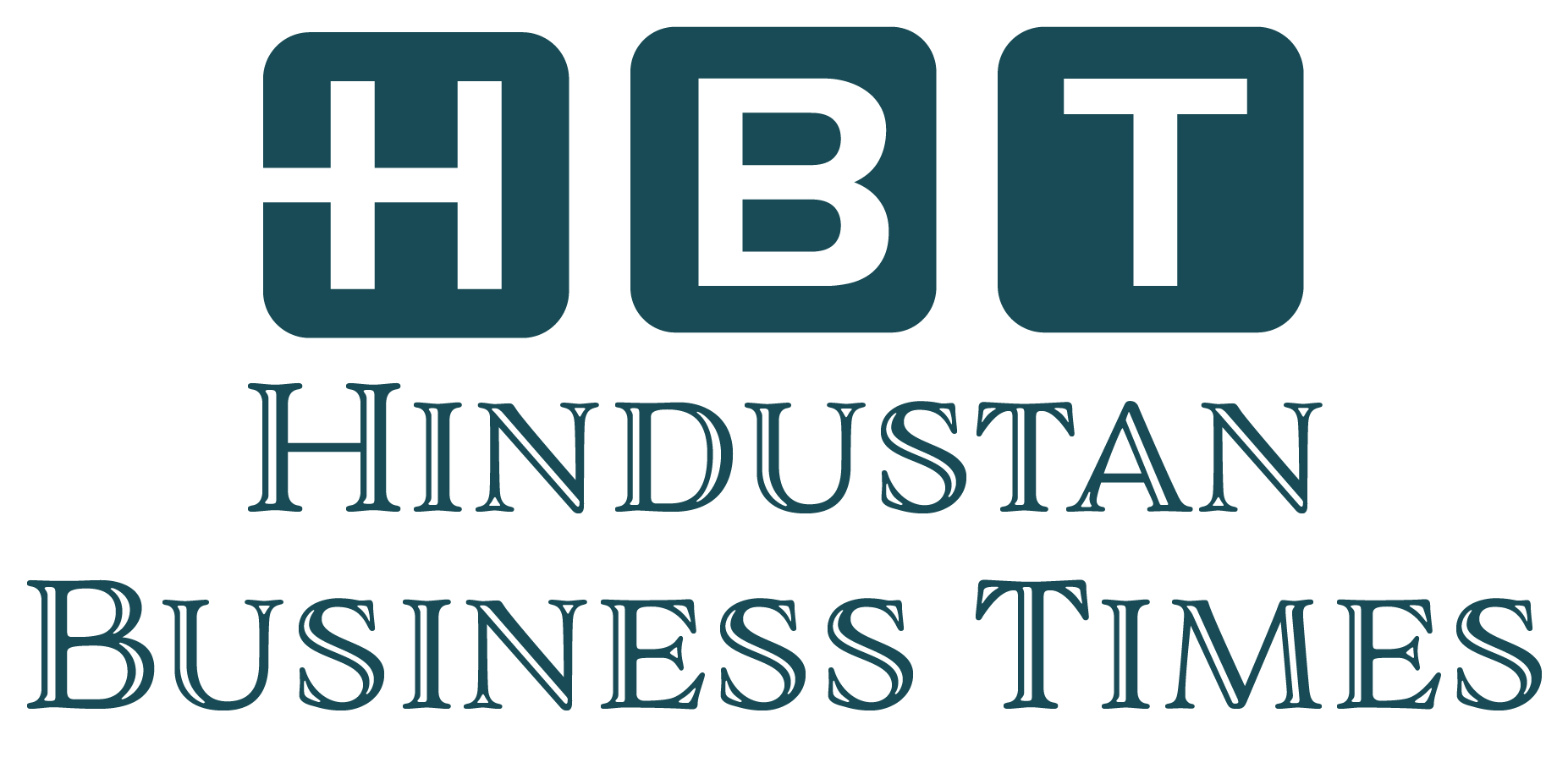When you think about starting a new career, especially in a field like data analytics, it’s easy to feel like you’re starting from zero. But here’s the truth: you’re not starting over — you’re starting stronger. Every job you’ve had, every challenge you’ve overcome, every decision you’ve supported — those are not just lines on a resume. They are the foundation of your next chapter. A career in data isn’t reserved for coders or math geniuses. It’s for thinkers, observers, problem-solvers — people who know how to look at a situation, understand what matters, and communicate what needs to be done. That might be you, already.
So many professionals who want to pivot into data analytics feel held back by self-doubt. Maybe you’ve worked in HR, operations, education, customer service, sales, or healthcare. Maybe you’ve taken a career break — for motherhood, health, or family. And maybe you’re asking yourself, “Will this even count?” The answer is yes. What you’ve done matters. In fact, your previous experience can be your greatest strength in analytics. Because behind every dataset is a real-world problem. And who better to solve that problem than someone who has lived it?
You don’t need to erase your past — you need to translate it. Let’s say you’ve worked in administration. You’ve likely tracked employee data, updated spreadsheets, prepared monthly reports. That’s analytics. Or maybe you’ve been in sales, managing targets, measuring conversions, identifying patterns in customer behavior. That’s analytics too. If you’ve handled student records, managed inventory, reviewed financial statements, led projects, or monitored performance metrics — you’ve already been interacting with data. You just haven’t used the “analyst” title yet.
The transition starts with awareness, then intention. You don’t need to jump into a full-time course or spend months learning to code. Start with what you know — Excel, for example — and go deeper. Learn how to use pivot tables, advanced formulas, dashboards. Then explore SQL, which helps you query data from databases. Once you’re comfortable with the basics, try your hand at tools like Power BI or Tableau, which are used to visualize data and tell compelling stories with it. These are not programming languages — they are tools that speak the language of business, and they are very learnable, even for beginners.
What sets you apart isn’t how technical you are — it’s how you think. Can you spot patterns? Can you connect numbers to outcomes? Can you explain something complex in simple terms? These are the real skills of a data professional. Your lived experience, your knowledge of how businesses work, and your ability to communicate — those are your assets. Combine them with the right tools, and you’re no longer a beginner. You’re a career shifter with purpose.
One powerful way to build momentum is to create a mini portfolio. Use public datasets from websites like Kaggle or Data.gov and build dashboards or basic reports. Pick topics that align with your past work — like HR analytics, sales performance, or customer feedback. Share your work on LinkedIn. Write a short post about what you found. It doesn’t have to be perfect — it just needs to show your curiosity and growth. Recruiters love seeing proof of skill, especially when it’s self-initiated.
Also, start having conversations. Reach out to people in your network who work in analytics. Join webinars or forums. Ask questions. Listen to what tools and skills are in demand. The more you immerse yourself in the world of analytics, the more confident you’ll become in your place in it. You’ll realize that the only thing separating you from a role in data isn’t your background — it’s your belief in what’s possible.
You’ve already shown up for others — in your past jobs, your family, your life. Now it’s time to show up for yourself. The data world isn’t just for the freshly graduated or the technically trained. It’s for people who can bring context, clarity, and commitment. That’s you. You don’t have to forget who you were to become who you want to be. You just have to begin. And when you do, you’ll realize you’re not behind — you’re exactly where you need to be to start something strong.

